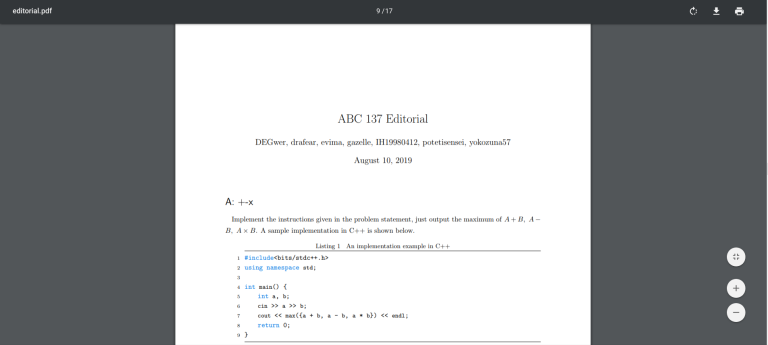Oh, hi there, ICPC superstars!
Today we got the news that ICPC Challenge will be based on LLMs.
Are you ready??? (I can't hear)
Danya says good night.

I was forced to make a post with the #ICPCAstana hashtag, but I don't have any other pubic social media, so here we go.













